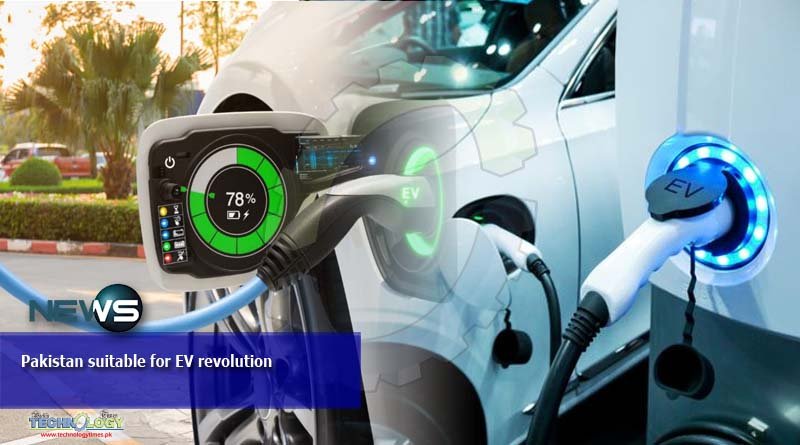Year 2020 is the year of electric vehicles (EV). Almost all manufacturers of petrol and diesel autos are racing to switch over to this new technology.
 It could be an all-electric vehicle (AEV) or a plug-in hybrid electric vehicle (PHEV), which uses a combination of plug-in charging and petroleum-based fuel.
It could be an all-electric vehicle (AEV) or a plug-in hybrid electric vehicle (PHEV), which uses a combination of plug-in charging and petroleum-based fuel.
Over 30 new models are being launched this year. One reason for this is the inefficiency of petrol and diesel engines as 70% of the input energy in such engines goes to waste. But several other factors are also driving this change.
Several countries have introduced legislation for much stricter carbon emissions and have also set target dates to stop the sale of new petrol or diesel cars.
Norway aims to achieve this target by 2025 while others are eying 2040. China and India are targeting to have 100% electric vehicles by 2030. In fact, India is planning to convert all two and three-wheelers over the next five years.
In terms of brands, the United States-based Tesla, which launched its all-electric car in 2008, is currently in the lead and this week made its one millionth car. It is hoping to make another million cars – and trucks – by 2022.
Besides the US manufacturing facility, it has also built a multibillion-dollar plant in Shanghai and is planning another one in Germany.
German auto giant Volkswagen Group is investing more than $66 billion to produce 50 models of purely EV by 2025 and is currently in the second place behind Tesla.
Courtesy: Referral link
